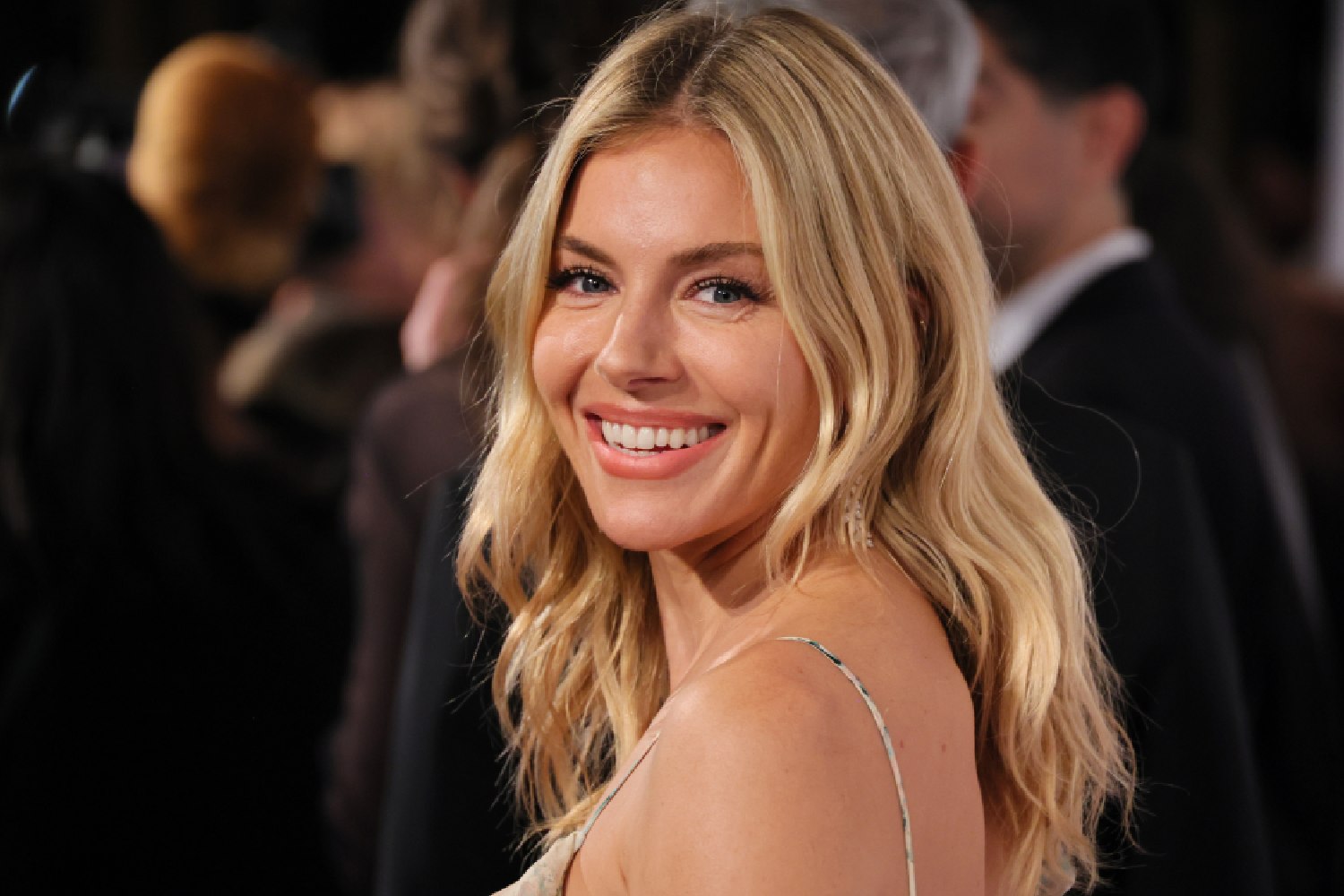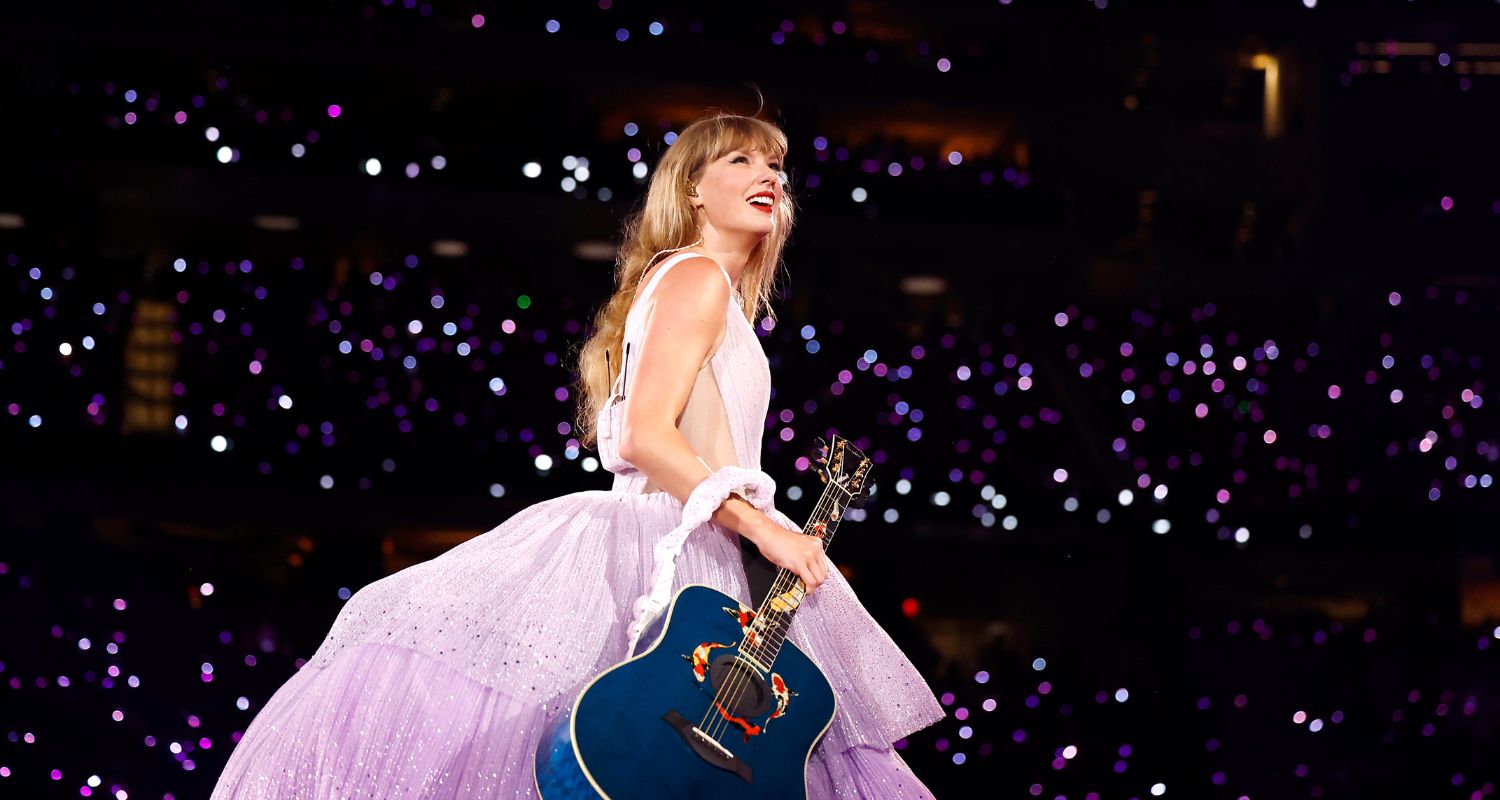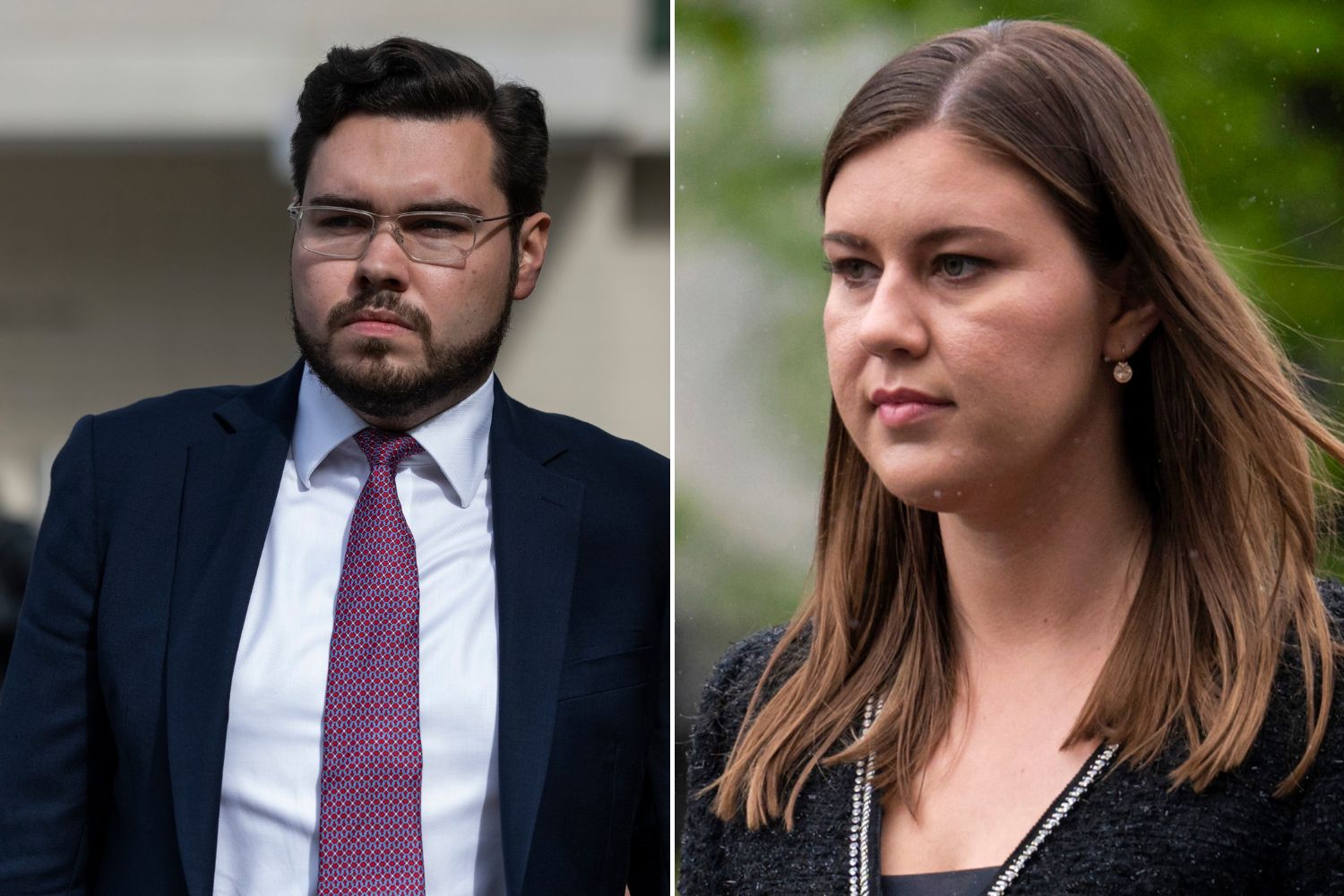While refugees may be afforded better opportunities in Australia, our country is all the richer for their immense contribution. Women from three refugee families share their experiences with Dilvin Yas.
Those lucky enough to be born here know there are many advantages to being able to call Australia home, but ask the UNHCR’s Naomi Steer about how our nation benefits from refugees and she immediately begins a lengthy roll call of recognisable names.
“There’s Anh Do, Judy Cassab, Les Murray, Tan Le, Dr Karl… If we have a conversation about why diversity in Australia is vital when it comes to connecting us to a global community, we could look at the importance of having different cultural perspectives, new employment skills and life experiences,” explains Steer, the national director of Australia for the United Nations High Commissioner for Refugees (UNHCR).
“There are plenty of studies that show migration and refugee intake stimulate the economy significantly; the act of welcoming refugees and asylum-seekers enriching us in all manner of ways, many of them unexpected.”
There’s also the chance our newest citizens will one day become our nation’s ultimate success stories, the memory of their formative years pushing them to give back to the country they escaped to. Five such women share their stories.
Aminata Conteh-Biger, 41
Aminata Conteh-Biger fled Sierra Leone after being kidnapped by soldiers and held hostage. The mum of two is the founder and CEO of the Aminata Maternal Foundation.
If there’s one thing Aminata’s children know at such a tender age, it’s how fortunate they are. For a start, like many Australian kids, Sarafina, 9, and Matisse, 8, can lay claim to not one but several cultures, says Aminata.
“My husband Antoine is French and we always say our kids have three cultures: African, Australian and French. How lucky are we that our children get to enjoy such a variety of music, food and culture, all the things that make life great?”

Her positivity is remarkable given her traumatic past. Born in Sierra Leone, where a vicious civil war raged between 1991 and 2002, Aminata was 18 when she was kidnapped by rebels and held captive for months, a terrifying experience that brought with it frequent rape and beatings.
After her release, Aminata was afforded the opportunity to seek asylum thanks to a resettlement program run by the UNHCR. The remote location of Australia appealed.
“I didn’t know where it was or anything about the country except that there were hardly any people from Sierra Leone there, since the resettlement program was so new,” she writes in her book, Rising Heart. Having been granted refugee status, she fled to Australia in 2000, aged 20.
“Australia was confusing at first,” Aminata admits. “Feeling safe was the best part of my early days here, but it also felt overwhelmingly uncertain and scary a lot of the time. I also had to deal with the reality of leaving behind my family and friends—it was a huge change from all I’d ever known.”

The word “luck” comes up quite a lot in conversations with Aminata. While it’s often overused, there’s no better word one could imagine for her story. There’s the luck that enabled her to make a new life for herself, and the luck—particularly in the case of Sarafina, who was born with shoulder dystocia—that her children were born in Sydney rather than in her home town of Freetown, Sierra Leone.
“It was a complicated birth and I was fortunate enough to have a whole team of doctors to help her arrive safely,” Aminata explains.
“I knew that if I had given birth in Sierra Leone, it is highly likely that one or both of us would not have survived. That was the catalyst for me to start the Aminata Maternal Foundation.”
Established in 2014, the foundation is a not-for-profit that empowers women in Sierra Leone, focusing on maternal health and the creation of sustainable communities.
Despite her immense contribution, it’s her kids who make Aminata feel most proud.
“My hope for my children is that they keep the values Antoine and I have instilled in them, to be kind, caring and always true to themselves.”
Mariam Veiszadeh, 37
Mariam was four when her mother, Mari Zamiri, began the three-year journey from war-torn Afghanistan to Australia. Now, Mariam is a lawyer, human-rights champion and diversity and inclusion practitioner.
The first thing Mariam Veiszadeh remembers about arriving in Australia as a shy seven-year-old is the disparity between the haves and the have-nots, a gap made all the wider when you’re firmly rooted in the latter camp.
“I noticed all the other kids had nicer belongings, and as I grew up I became conscious of the fact we were poor. I was deeply embarrassed that we lived in social housing and that I didn’t have the right clothes, shoes or school lunches to help me fit in.”

Fortuitously, Mariam also eventually realised something far more important: while the material wealth they enjoyed in Afghanistan was long gone, moving to Australia meant she and her siblings had inadvertently become gatekeepers to a world of opportunities they never would have otherwise enjoyed.
It was, explains Mariam’s mother, Mari Zamiri, what she and her husband hoped for when they fled Afghanistan during the Soviet war and embarked on a three-year journey that took them to India, Germany and the Czech Republic before finally being granted asylum in Australia in 1991.
“It was a difficult journey with young children and the uncertainty made it even harder. I was most worried about what the future would hold for my children, whether they’d get access to education and be able to have a safe upbringing,” she explains. “A life in Australia brought a sense of peace and serenity,” she adds.
Growing up in Sydney’s west, Mariam was driven by a need to fight for social justice and to defend and advocate for those who don’t yet have a voice of their own. She studied hard to become a lawyer.
“Education is the greatest equaliser,” she says. “When you have a background like mine, you feel a hunger to give everything your all and not waste a single opportunity, because you know better than anyone how rare those opportunities are in other countries.”

Over the years, Mariam has held multiple board positions, delivered a TEDx speech, founded the Islamophobia Register Australia and was featured as an Anti-Racism Champion by the Australian Human Rights Commission. Last August, when Taliban forces once again took control of Afghanistan, Mariam began the harrowing process of helping to evacuate fellow Afghans out of the country.
“I must have looked at hundreds of passport photos, and every so often I would have this feeling of ‘this could easily have been me’. If you have the capacity to do so, why wouldn’t you try to help others?”
As her mother Mari tells it, being raised in Australia gave her daughter a solid start on which to build.
“Mariam had more access to education and opportunities to work in social justice,” she says. “I was hoping she would grow up to be able to give back to the country that gave us so much, and she has.”
There’s no doubt Mari is proud of Mariam’s achievements, but more than anything it’s clear she’s even happier that her daughter is a good person, just as she’d hoped.
Akec Makur Chuot, 29
Akec left her native South Sudan as a baby strapped to her mother Helena Yar Enoch’s back. In 2016, she made history when she became the first African-Australian woman to be drafted into the AFLW.
The journey was as perilous as it was long: a four-week ordeal on foot from a war-torn village in South Sudan, through Uganda and into Kenya. Few could imagine attempting it, but Helena Yar Enoch—thinking of her seven children she’d left behind with her extended family, as well as three-month-old Akec strapped to her back—knew she had to try.
Widowed during her pregnancy and battling a serious eye infection, Helena’s initial plan was to seek treatment in Kenya before returning home, however fortune smiled on the family by way of a UNHCR camp nearby accepting applications.

“Life was very hard after the death of my husband and my hopes for my children was to get them a better education and a better life,” Helena explains.
“I didn’t want them going through the hardships I faced when I was in South Sudan and that’s why I took them to a refugee camp.”
Helena was able to send for the rest of her children, and Kenya’s Kakuma refugee camp became both a home for the family for the next 11 years and a stepping stone to huge successes for Helena and her children. Family members who lived in Perth banded together to sponsor the family to come to Australia in 2005, when Akec was 12.
Today, she’s a half-back for Richmond, the second club she’s played for since 2016, when she made history as the first woman of African descent to be drafted into the AFLW. (But she’s not the only success story in her family: her sister Ayor Makur Chuot this year became Western Australia’s first MP of African descent.)

While Akec concedes the move to Australia was challenging, she and her siblings realised early that Australia was a place where dreams could be realised, no matter your background.
“We didn’t have any money and we had to work twice as hard as everybody else to learn English and fit into a new system that was foreign to us, but at the end of the day we’re all given opportunities and I seized mine where I could and just tried to utilise them to the best of my abilities,” Akec explains.
Her mother Helena agrees: “A life without an educational background was hard. There was the language barrier and the job search was difficult. However, in Australia, you have a government that is looking after you and your family through Centrelink and offering free TAFE to learn the language. The best thing for me was seeing my children achieving their academic goals, and being able to progress well in their lives. This makes me very proud of them.”
At the heart of most refugees and asylum seekers’ stories is a feeling of wanting to give back, both to the parents or parent who made a huge sacrifice but also to the parts of the community that have embraced them. Akec is no different.
“My mum’s worked so hard to get us to this point, so of course I want to look after her and give her an easier life. Representation is important to me, too. If young African girls can see me working hard to pursue my dreams, they’ll tell themselves, ‘If Akec can do this, I can do it too.’ It’s the Australian dream told in a modern way.”
Find this story and more in the February issue of marie claire Australia, on sale from Thursday January 13.











